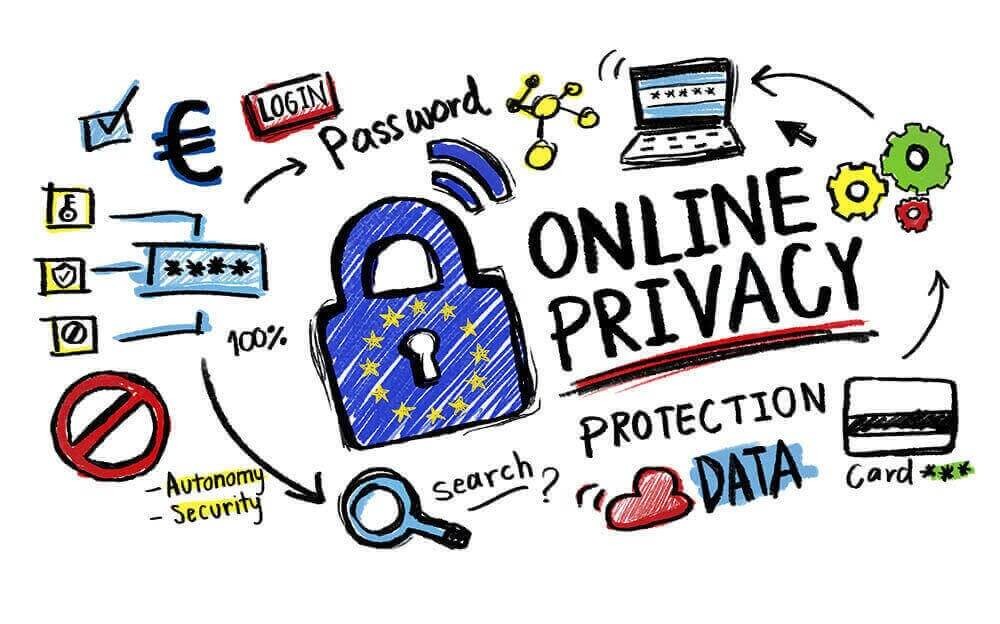Understanding Online Deception and Learning to Protect Your Privacy
Recovering Compromised Accounts and Verifying Information Sources
Social media platforms have become an essential part of everyday life for both personal and professional use. However, as reliance on these services grows, so too do attempts to deceive users and compromise their private information. In this article, we will discuss common online deception tactics and how to identify trustworthy assistance for recovering hacked accounts.
Beware of Fake Hacking Experts
It is all too easy to get caught up chasing empty promises of account recovery from those claiming to have special hacking abilities. reputable hacking experts social media recovery While recovery may seem out of reach once credentials have been changed, staying calm and following proper channels is key. Platform support teams have procedures to verify identity and ownership in order to lift account restrictions, though persistence may be needed. Outside “experts” simply want access to steal more data or install malware. Protect yourself by only contacting official support.
Verify Information Sources Before Taking Action
In uncertain situations, the desire for a quick solution can blind us to red flags. However, pausing to research anyone asking for private data or remote access is wise. Legitimate security professionals will clarify their credentials qualifications certifications and policies to respect users’ privacy and rights. Be skeptical of charming online promises that then ask for sensitive information out of the blue. Authentication comes before any transfer of control or money changes hands.
Understanding Common Deceptive Tactics and How to Avoid Them
Beware Fake Technical Support Scams
One active scam involves pop-ups or calls claiming to be from a well-known tech company, saying your device is infected. They request remote access to “fix” the issue and end up installing malware instead. Hang up immediately if unsolicited contact is made. Only legitimate support will have your device information purchase records on file without needing to verify.
Protect Your Accounts with Strong, Unique Passwords
All internet users should take security seriously by using different, complex passwords for each account. Password managers can generate and store these for easy logins without writing anything down. two-factor authentication biometric logins provide an extra barrier against unauthorized access if credentials are compromised. Review login locations regularly as well to spot anything suspicious.
Be Skeptical of “Guaranteed” Hacking Services
Some less reputable individuals offer to hack or spy on other devices for a fee. While technology certainly allows for interception of unencrypted data, engaging questionable services often does more harm than good and may be illegal. ethical hacking services data privacy laws True cybersecurity experts focus on protecting users, not invading their privacy or other systems without permission. Proceed with caution whenever money is asked upfront for sensitive promises.
Discovering Reputable Assistance When You Need It Most
Verify Recommendations Through Multiple Trusted Sources
When an important account is compromised, emotions run high. Resist rushing into direct contact with just anyone claiming to help. First, search reviews on credible review websites from third-party sites security ratings to get a feel for a business’s trustworthiness, specialties, and policies. Look for consistency across platforms regarding service quality, response time, and success rates. Bona fide professionals stand by their work.
Look for Transparency Regarding Credentials and Accreditation
Leading cybersecurity firms openly publish backgrounds of their specialists, including certifications, years of relevant experience, and case studies as proof of experience industry certification of their abilities. They also clearly explain service level agreements and privacy/data use commitments upfront. Lack of transparency about who you’re working with or what exactly they can access should raise red flags.
Consider a Free Consultation Before Committing to Paid Assistance
Experts with confidence in their offerings will take initial inquiries without pressure to hire or pay in advance. See how a potential helper communicates and what next steps they recommend to fully understand the situation before costs are discussed. Be wary of demands for money before even discussing your unique circumstances. A free call enables you to assess professionalism and comfort level as well.
In the connected digital world, deception is an ongoing threat that requires vigilance. By thoughtfully researching help sources and not rushing important decisions, you can both recover from compromises and avoid dangerous entities online. With care and discernment, your privacy and security can remain intact.

